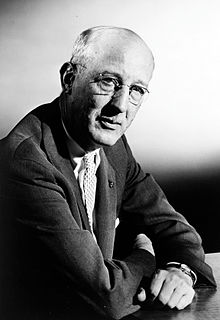A Quote by Rabindranath Tagore
Related Quotes
Crabbed age and youth cannot live together; Youth is full of pleasure, age is full of care; Youth like summer morn, age like winter weather; Youth like summer brave, age like winter bare. Youth is full sport, age's breath is short; Youth is nimble, age is lame; Youth is hot and bold, age is weak and cold; Youth is wild, age is tame. Age, I do abhor thee; youth, I do adore thee.
In youth it is the outward aspect of things that most engages us; while in age, thought or reflection is the predominating qualityof the mind. Hence, youth is the time for poetry, and age is more inclined to philosophy. In practical affairs it is the same: a man shapes his resolutions in youth more by the impression that the outward world makes upon him; whereas, when he is old, it is thought that determines his actions.




































